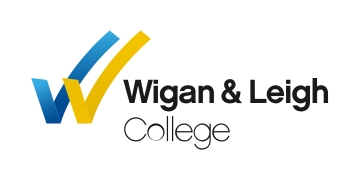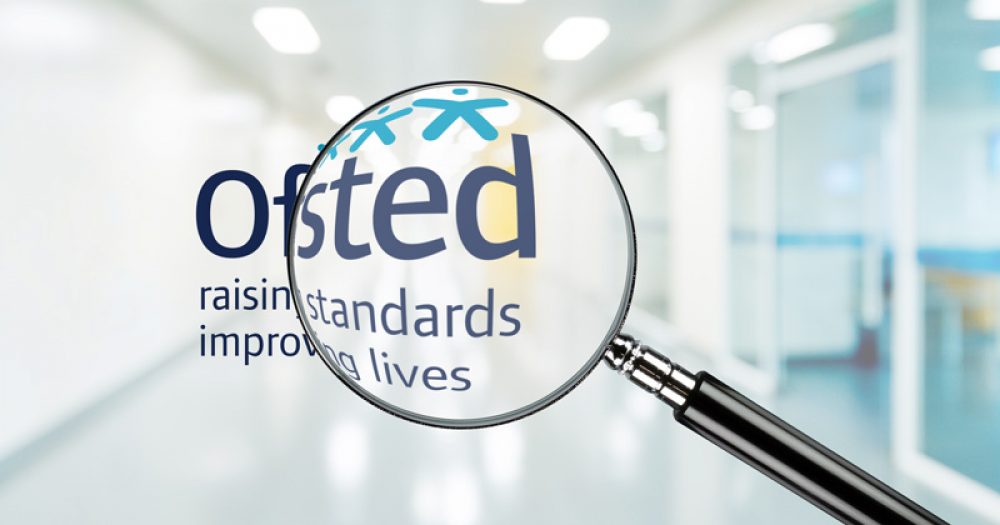Ofsted has released its second deep-dive into the pilot ‘visits’ it has been performing since September, in lieu of normal inspections.
The report covers the findings of 380 ‘visits’ carried out between September 29 and October 23.
This is what they found:
1. More pupils experiencing eating disorders and self-harming since lockdown
Ofsted explained that when asked about the mental well-being of pupils, leaders “across several schools” reported increased cases of pupils self-harming.
This mainly took place during the period when schools were closed to all put the most vulnerable pupils and those of key workers.
The report also noted that “more pupils were suffering from eating disorders, many of whom had not previously been identified as vulnerable”.
Ofsted’s chief inspector Amanda Spielman said: “Referrals to social care fell and have still not fully returned to more usual levels as schools have returned, raising concerns that neglect, exploitation or abuse is going undetected.”
On the whole leaders reported that pupils were “happy to be back”, but the report stated “several concerns have emerged”, with some leaders saying pupils were “fatigued, ‘disconnected’ from learning or struggling to stay awake and alert.
But, for children hit hardest by school closures, leaders reported how some pupils’ concentrations or their mental and physical stamina have reduced during the first lockdown.
2. Home education continues to rise due to Covid fears
Almost half of schools reported that some parents had removed their child to electively home educate since the start of the autumn term.
The report found of these schools, three fifths had more than one child removed from the school and sometimes more than one child from the same family.
This appears to be a rise on the inspectorate’s first snapshot from the visits, published last month, which found over a third of schools had reported this taking place. A Schools Week investigation last month found some areas had seen 200 per cent increases in pupils being home educated.
Spielman noted in her accompanying commentary that leaders were “clearer that this was being motivated by concerns around the virus, rather than from parents’ committed desire to home educate”.
She said: “From our conversations, it seems that there is more of a pattern within minority ethnic communities and households including people who are deemed at greater risk from COVID-19.”
The report added that parents are most commonly concerned about vulnerable family members and sometimes “worried whether their children will be safe from Covid-19 in school”.
Meanwhile a quarter of all schools visited had sent ‘bubbles’ of pupils home to self isolate.
3. ‘Senior leaders working more intensively than ever’
Spielman praised the “remarkable resilience” of school leaders as visits showed how pressures on those in leadership positions had increased during the pandemic.
“It is clear that senior leaders across the board are working more intensively than ever”, she said.
The chief inspector noted there were frustrations at “shifting guidelines” from the government and added workload pressures, such as headteachers taking on classes to cover staff absences in addition to their normal duties. This was reducing time to do their usual work and led to more evening and weekend work.
These extra responsibilities also included physically implementing daily safety procedures, such as monitoring safe practice around school, with leaders taking on these duties as they “do not want to reduce teachers’ teaching time”.
Spielman added that school leaders “recognised they were ‘firefighting'” at the moment as they continue to deal with a myriad of problems on a daily basis.
Ofsted said leaders described the pressures as “unsustainable, overwhelming and unrealistic”.
Elsewhere leaders at schools which had been graded ‘inadequate’ or requires improvement’ by the inspectorate say they have an “added pressure” of balancing the increased workload against school improvement
4. Exclusions rising in some schools due to ‘space restrictions’
The report stated that “very occasionally” leaders were reporting a rise in their rate of fixed-term exclusions due to an inability to perform their usual layers of sanctions.
Previously pupils who were disrupting learning could be placed in another lesson or into isolation, however “leaders said that space restrictions and the need to keep pupils in bubbles meant that these types of measures were not practical”.
But, Spielman said that, on the whole, leaders reported the “return to clear structures and boundaries at school has often resulted in an unexpected improvement in behaviour”.
However one are of concern was that “online squabbles while schools were closed are now being played out in classrooms”.
In some instances, pupils had fallen out over social media during the first national lockdown and these issues were continuing now pupils were back at schools.
It has also been noticed by leaders that boys in particular spent much of lockdown gaming online with friends and this is said to have be a factor which is now influencing their behaviour when back in the classroom.
5. Effectiveness of SEND support during lockdown dependant on pre-Covid relationships
Ofsted has also released a briefing on local areas’ SEND provision during the pandemic. As with those children in mainstream education, the experiences of children with SEND was a mixed bag.
Spielman said the “simpler routines proved beneficial” for some children with SEND and remote learning was a more positive experience for those who enjoyed learning at their own pace.
Additional time with family or carers also improved language, literacy and communication,
However, she noted that children with SEND were also “seriously affected in both their care and education, as the services that families relied on, particularly speech and language services, were unavailable”.
The briefing found that the relationships between families, services and practitioners before March 2020 “impacted on the effectiveness of the support that families received during restrictions”.
If relationships were good “support was more likely to continue and be adapted well to a families’ needs” where as weak relationships “deteriorated even further” during lockdown.








[…] A 42 percent in self-harm and eating disorders […]